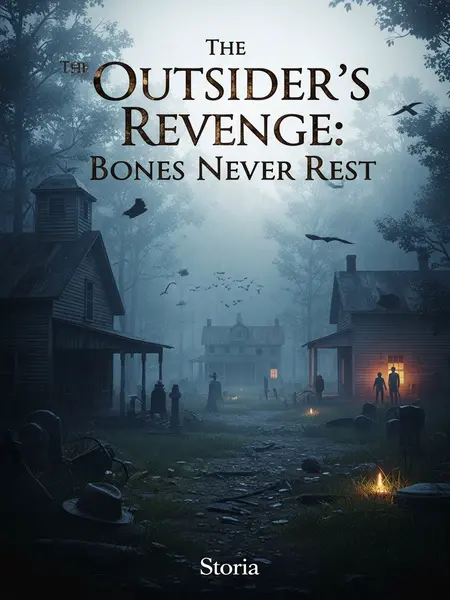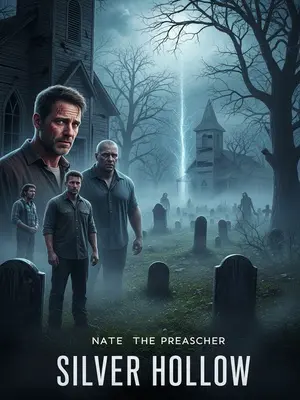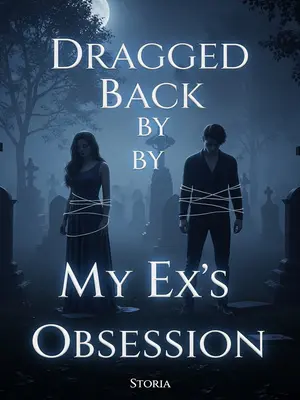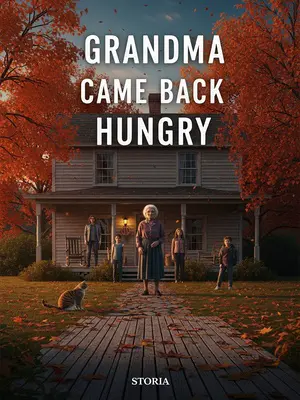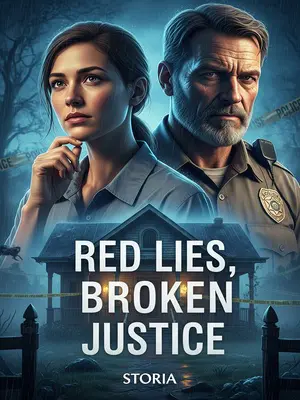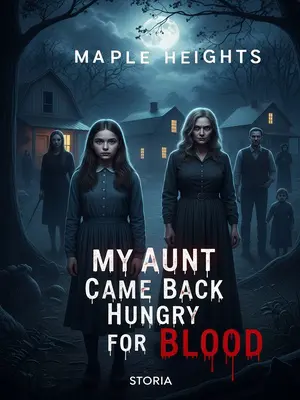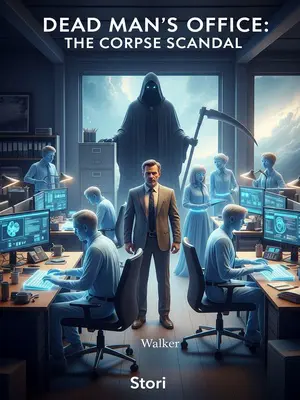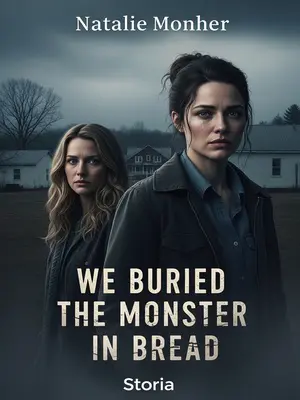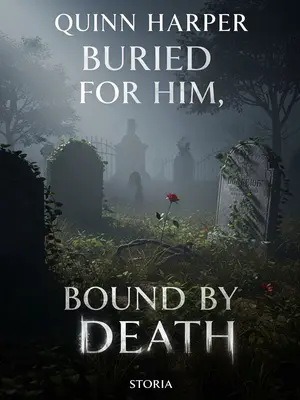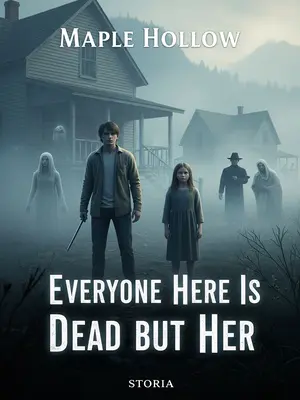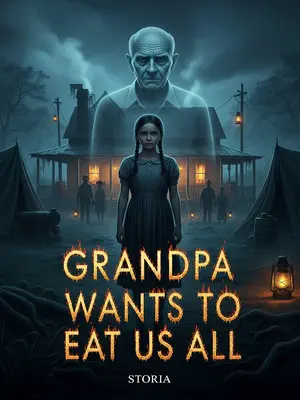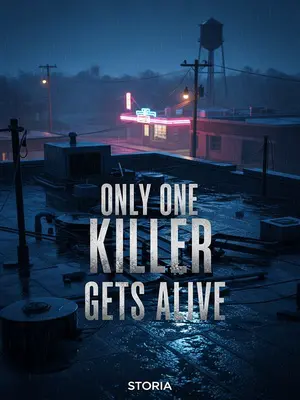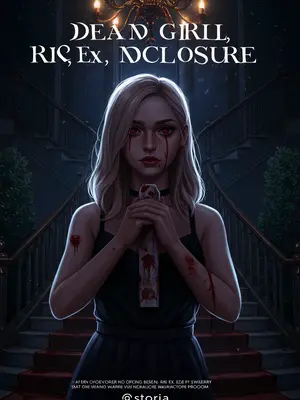Chapter 1: The Catfish Outsider
When I was a kid, something big happened in our town—the kind of thing folks still talk about, even now.
Back then, you could feel it in the air—like a thunderstorm brewing behind the hills. We were just a blip on the map, a place where everyone knew your business before you did. But this was the sort of thing people whispered about for years after. Not that anyone ever said it straight out. You know how it is.
A regular guy from out of state—real straight shooter—came in and leased some land to dig ponds and raise catfish. He made decent money his first year, so next year, he doubled down and put even more into it. Folks around here noticed. You couldn't miss it.
People in these parts weren’t used to outsiders, especially not the kind who showed up with a plan and actually made it work. Joe Ramirez—he drove a weathered pickup, boots always caked in mud, and had a way of talking that made you think he meant every word. Maybe too honest for his own good. He mostly kept to himself, but you could see the pride in the way he looked at those ponds, even if he never said much. That first year, he even brought a couple coolers full of catfish to the church picnic, grinning ear to ear as folks went back for seconds.
But right before the big harvest, someone poisoned his ponds. He lost everything. Just like that, he went under.
It was the talk of the town for weeks. Some folks acted surprised—though, honestly, most just shrugged, like it was bound to happen sooner or later. The water went slick and oily, and the stench drifted all the way to Main Street. Joe tried everything—calling in favors, even praying at the little white church on the corner—but nothing could save his fish. The banks didn’t care to hear his story. By the time the last catfish floated belly-up, you could see the light go out of him.
There weren’t any security cameras, and the county sheriff couldn’t do a thing. He didn’t have a prayer of getting any money back.
Sheriff Callahan, a big man with a slow drawl, just shook his head and muttered about how the world’s full of bad luck. Joe filed a report, but it ended up in a drawer somewhere, gathering dust. That’s how things went, around here. If you didn’t have someone in your corner, you were on your own.
He went crazy trying to find out who did it, turning over every stone he could. But the town council president and his buddies roughed him up, cornered him, and warned him: “You shouldn’t have let everyone see you making bank!” The words hung in the air, sharp as a slap.
I remember seeing Joe limp into the diner, face bruised, eyes wild and desperate. He demanded answers, but the regulars just sipped their coffee and looked away. My grandpa, Mr. Harlan, led a few of the councilmen out back, and when they came back in, Joe was gone. I heard later they’d made their point clear. This was their town. He was getting too big for his britches.
Somebody grumbled, “If you can pull that off, what’s that make the rest of us look like?” It stuck with me.
There’s an old saying in these parts: “Don’t outshine your neighbors unless you want trouble.” Joe never got that memo. His success made folks uneasy, like he was holding up a mirror to what they hadn’t done with their lives.
“So just drop it. It’s pointless…” That’s what they told him, one of them muttering as he turned away, voice flat and final.
They told him to leave it alone, to pack up and move on. It wasn’t a threat, exactly, but everyone understood what it meant. Around here, you don’t poke the hornet’s nest unless you’re ready to get stung, and most folks weren’t.
In the end, that poor guy packed up and left town. He just vanished. No one ever saw him again.
One morning, his trailer was gone, the catfish ponds empty and silent. Some kids threw rocks at the rusted sign he left behind. After a while, even his name faded from most folks’ memories. Except maybe mine.
Life in our little town went on as usual; nobody seemed to care much. The days rolled on, the air thick with the same old smells of fried food and dust. Nothing changed, or so it seemed.
The diner still served burnt coffee, the hardware store still closed at five, and Sunday sermons still ran long. It was like nothing had happened at all, at least on the surface. But underneath, things felt a little colder. Like something was waiting.
Until folks started dying.
That’s when the whispers started up again, and you could feel people watching their backs. It was as if the whole town was holding its breath, waiting for the next shoe to drop.
The first was Old Ray from the west end. He was infamous for being a bully—mean as a snake, always looking for trouble. All the kids, myself included, gave him a wide berth.
Old Ray’s house sat at the edge of town. Roof sagging. Yard full of rusted junk. He’d yell at us if our baseballs landed in his weeds, and sometimes he’d chase us off with a broom. Even the dogs avoided his porch.
He’d been making trouble since he was young—drinking, gambling, fighting, stirring up messes all over town. Later, he beat his wife so badly she ran off, taking their kid with her.
People said Ray was born mean. He’d get drunk at the VFW hall, start fights over nothing, and once put a guy in the hospital for looking at him sideways. After his wife left, nobody really bothered with him anymore. That’s just how it went.
So even at fifty or sixty, he lived alone. Nobody gave a damn about him.
He had no friends, no one to check in on him. Only company he had was the TV flickering and a bottle.
He died a horrible death.
The story went around fast—something out of a nightmare. Folks who saw the scene said it was like something from a horror movie, and even the toughest men in town wouldn’t talk about it after dark.
In the middle of the night, someone broke into his house and bashed his head in. But it wasn’t a quick kill; it was torture. They smashed Old Ray’s mouth so he couldn’t yell for help. Broke his right leg so he couldn’t run, just crawl.
The details leaked out in hushed voices—blood everywhere, furniture overturned, Ray’s battered body sprawled in the living room. The sheriff said whoever did it knew what they were doing, and they took their time. Some said Ray deserved it, but nobody said it too loud.
From the bedroom to the living room, there was a long trail of blood—left behind as Old Ray tried to drag himself away.
The old wood floors were stained for weeks. I remember riding my bike past the house and seeing the curtains drawn tight, the place feeling haunted. Still does, if you ask me. No one wanted to go near it.
But the killer didn’t let him get far—just kept torturing him. They found Old Ray’s body in the living room.
When the ambulance came, the EMTs looked shaken. Even Sheriff Callahan looked pale as a ghost. They said Ray’s last moments were nothing but pain.
